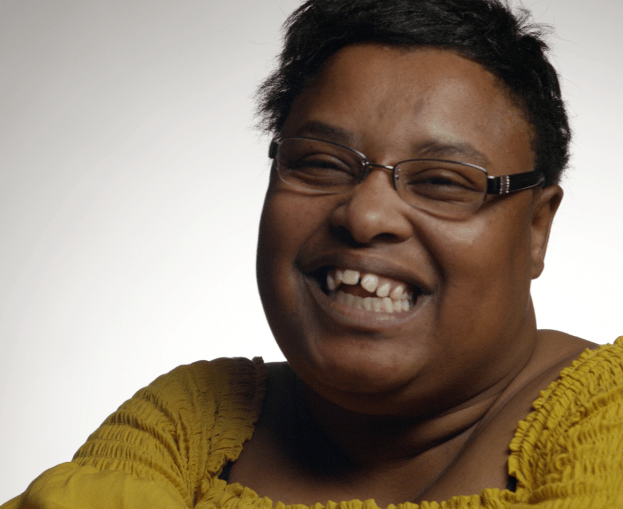Sex Trafficking’s Vulnerable Targets: Children with Intellectual Disabilities
Once upon a time, Americans thought of sex trafficking as a tragedy that happened in other countries. When they did begin to recognize that it happens in our country, too, they assumed it was only happening in the shadiest areas of big cities.
Recently, we’ve learned that sex trafficking is a reality across the U.S. Victims are found not only in big cities, but also in small towns, suburban communities and rural areas, and they come from all racial, ethnic and socioeconomic groups. In other words, sex trafficking can happen anywhere, to anyone.
Even with this increased awareness, Americans generally remain largely unaware of a population affected by sex trafficking at an alarming rate: people with intellectual disabilities.
Sadly, we’ve known for decades that people with disabilities are more vulnerable to violent crime, and research supports this: A 2015 U.S. New & World Report article noted that people with disabilities make up only 14 percent of the American population, but they account for 21 percent of all victims of violent crime.
Narrow the data to sex crimes and you find that children and youth with intellectual disabilities are at higher risk for sexual abuse and assault than their nondisabled peers. And now there is evidence that this paradigm extends to the world of sex trafficking as well. Dr. Joan A. Reid of the University of South Florida-St. Petersburg cites a study that revealed that, of 54 reviewed sex trafficking cases in Florida between 2007 and 2014, one-third of the cases involved girls with intellectual disabilities.
We can point to a number of reasons for this increased vulnerability: These children often lack the basic understanding of what is and isn’t sexual exploitation. Physical and intellectual disabilities can limit a person’s ability to assertively refuse the propositions or directions of others and to report abusive situations. People with disabilities often must trust others completely – and therefore might trust others even when they are being taken advantage of.
On its website, the U.S. Department of Justice’s Office of Victims of Crime offers additional factors that make people with disabilities vulnerable. These include:
- They might become submissive to caregivers and comply with their wishes.
- They might live isolated lives and therefore are easily drawn to any type of friendship and connection.
- Sometimes their level of care requires close, intimate physical contact, and they might become desensitized to touch or unaware of boundaries.
- They might not be believed when they report abuse.
Certainly, of all the ways we can help to combat this horrible situation, that last bullet point offers a key action item. Yes, we must all be vigilant. Yes, we must all educate ourselves to be aware of sex trafficking. And we must – must – listen when a person with a disability says he or she is being abused or exploited … no matter how hard we might find it to believe that such a horrible thing could happen in our community, to people we know.





